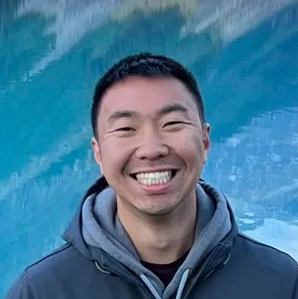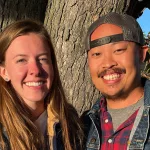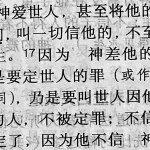I was born in Seoul, South Korea, adopted at the age of 4 months old by a white family, and grew up in China. My mother is of Scottish descent, and my father has Italian ancestry. To put it another way, I look nothing like my family. Now it can be the case that adopted kids struggle with their racial identity when it does not match that of their parents. That was never much of an issue for me, but it has been for others. I cannot count how many times I have explained to someone that I was born Korean but grew up in China, only later to hear them describe me as “the Chinese guy”.
So why am I highlighting this? Every time someone mixes up my ethnicity with my country of origin or mislabels which type of “Asian” I am, it is a reminder to me, that I, in this country, am different from most of the population. I live in a white-majority country, where people who look like me make up only 7% of the population, which is less than half of both the current African American and Hispanic population of America. Asians are the minority of the main ethnic minority groups.
It is undeniable that a substantial part of the United States history is steeped in racism and racial injustice. From the early colonizers of the Native Americans to the massive slave trade, this country’s past is tainted deeply by racism. I am not advocating for a future in which we don’t learn about that or reject it. But what I would love to see is a world in which the very thing that made racism possible – the belief that other so-called “races” are inferior simply based on immutable physical characteristics – be gone.
Thirteen years ago, Morgan Freeman said the only way to get rid of racism is to stop talking about race. According to Freeman (a black man himself), a racism-free society can only exist when people stop acknowledging that “race” exists. As an Asian man living in the time when the U. S. is setting itself on fire over the topic of race again, I can’t help but agree with Freeman. I want a world in which people do not see me as an Asian man. I just want to be a man.
Again, there is nothing inherently wrong with talking about these things. Racial groups have shared collective trauma, which is why I support addressing that in ways that honor God and provide healing. This is necessary. But I wonder if these things are as important as culture dictates. I can get exhausted from being told repeatedly that (only) race matters. There are cries for “racial justice.” What does racial justice look like? We’re never given a vision of what a society looks like when all is right.
Granted, this view may be extremely unpopular in modern thought, but I feel in a world that is desperate to atone for “racial sins” this perspective is important.
If race is everything, then racism is endless. There is no hope for anyone to be “un-racist” enough. I am not advocating that we don’t reflect on the impact of racism throughout the history of our country, but to deal with it by accusing everyone who doesn’t affirm certain types of “anti-racist” action as a racist themselves, we won’t ever find a solution to real injustice.
To long for a world that doesn’t see race is not to ignore historical race-based trauma. Wanting to not have your skin color be part of the way (or the only way) you are perceived is not to deny slavery. The Church can acknowledge race and racial trauma as the realities of the broken world we live in, and devise wise, gospel-saturated ways of meeting those affected by racial injustice where they are at. In doing so, she will usher in real racial justice when she does what she has always done: Point sinners to their need for Christ and teach them to love God and fellow man.





